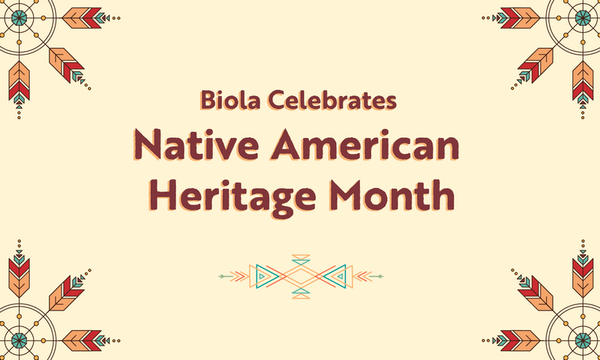As a way to continue the conversations in The Biola Hour, we've invited Sydney Perry to blog her thoughts this episode. This is a response to Episode 61 on faith and exile. Feel free to interact with Sydney's thoughts in the comments below:
As I sit and prepare myself for this chapel, I find myself on Instagram. Scrolling through my explore page, liking random pictures from people I don’t know and gathering inspiration for the upcoming week. As we countdown the minutes to the very start, I switch from Instagram to Twitter, soaking up political opinions, funny Tweets and random videos. Finally I look up from my phone to see that I know the person who sat down next to me a moment ago. I debate in my head whether or not to say hi, or to even simply make eye-contact. I opt to stick my phone in my back pocket and sit quietly. Avoiding all those around me for the last moments before chapel.
The lights go down, worship starts and I am able to enjoy the space between the people around me. After worship, our host Mike Ahn introduces our guest for the day. Her name is Carolyn Kim and her main research involves social media. As I sat in my chair, I found myself rolling my eyes. I have heard the ‘social media is bad’ talk from about a million people in my life, why do I need this again?
Yet, as time went by, I found myself engaging in ways I never had on this topic before. She wasn’t taking the perspective of an anger Baby Boomer complaining about this younger generation and their addiction to social media. She knew her stuff. She’d done her research. And Carolyn had equal critiques as she did praises for social media. Usually it’s one or the other when you hear about these things. And one of her biggest strengths was her ability to challenge the narrative. She challenged everyone in the room to evaluate their own lives on social media. Who you portray versus who you are.
She ended with who, “your digital world should match how you live your offline life. Your offline life is what feeds and shapes your online personality. It should be a mirror of who you are”. As she finished this quote, I was taken aback by who I am versus who people see me as. On Instagram I portray this life of extravagant kindness, but in reality I can’t even say hello to the person next to me. Who am I really?
Even days after this speech, the idea of who I really am resonates with me still. Is my offline persona shaping my online one or vise-versa? Who do I really want to strive to be and how does social media play a role in all of this? Questions I will continue to ponder even in the weeks to come.
 Biola University
Biola University




.jpg)